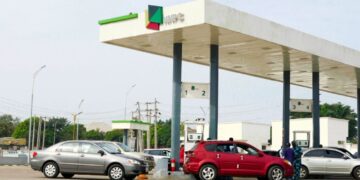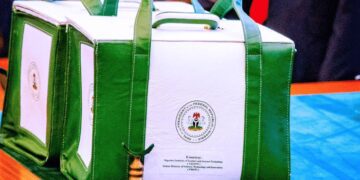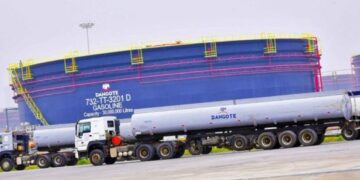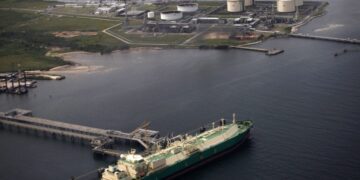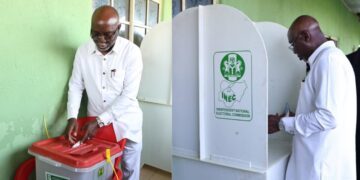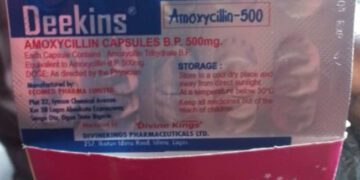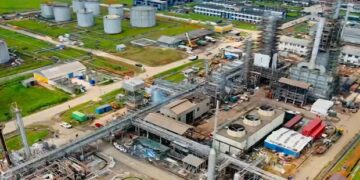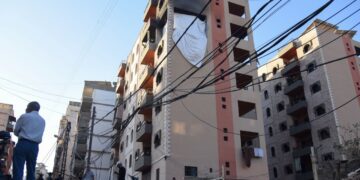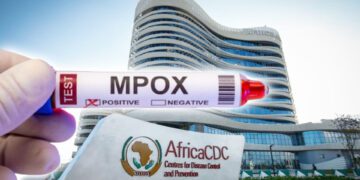President of Dangote Industries Limited (DIL), Aliko Dangote, has called on the House of Representatives to investigate the quality of diesel and petrol at filling stations.
Dangote made the call yesterday when he received the leadership of the House of Representatives led by Speaker Tajudeen Abbas and his deputy Benjamin Kalu in his refinery located at Ibeju-Lekki, Lagos.
Decrying the damage being done to vehicles and engines by substandard products, he also called on the House to investigate the quality of laboratories being used to test imported products and compare that with the one at the Dangote Refinery, admonishing the lawmakers to set up a committee to test products at various filling stations across the country.
Besides, Dangote offered his refinery products for independent testing as that would only attest to their quality while exposing the problem with some of the products being sold by other players in the sector.
The DIL also condemned the tirade by the NMDPRA Chief Executive, Farouk Ahmed, on the quality of its products, insisting that its refined diesel meets approved standard. The DIL proved its quality claims to members of the House of Representatives who took a tour of the Dangote Refinery yesterday.
Ahmed, in an earlier interview with journalists, had alleged that local refineries, including the Dangote refinery, are producing inferior products compared to imports. At the Dangote refinery, diesel bought from two filling stations along the Lekki-Ajah axis was subjected to tests at the refinery’s laboratories. The tested diesel from other stations was bought in the presence of the lawmakers, while that from the Dangote Refinery was taken from production also in the presence of the lawmakers.
Two tests were conducted: a test of the sulphur level and a flash test. While all crude-based products contain some level of sulphur, high sulphur levels cause damage to engines and vehicle components. The flash point refers to the lowest temperature at which the application of the ignition source causes the vapours above the liquid to ignite with the minimum expected flash point at 66.
The results showed that the sulphur content in the diesel from other stations was above 2,631 and 1,829; much higher than the recommended level while the tests for the flash point showed results of 26 and 63 respectively for the diesel from other stations. Both results fell short of the recommended minimum of 66.
The results for the diesel from Dangote turned out to be 87.6 ppm for sulphur and 96 flashpoints. For Dangote, the result does not only show the reality of products from his refinery, but it also shows that substandard petroleum products are being imported into the country and sold to unsuspecting Nigerians.
















